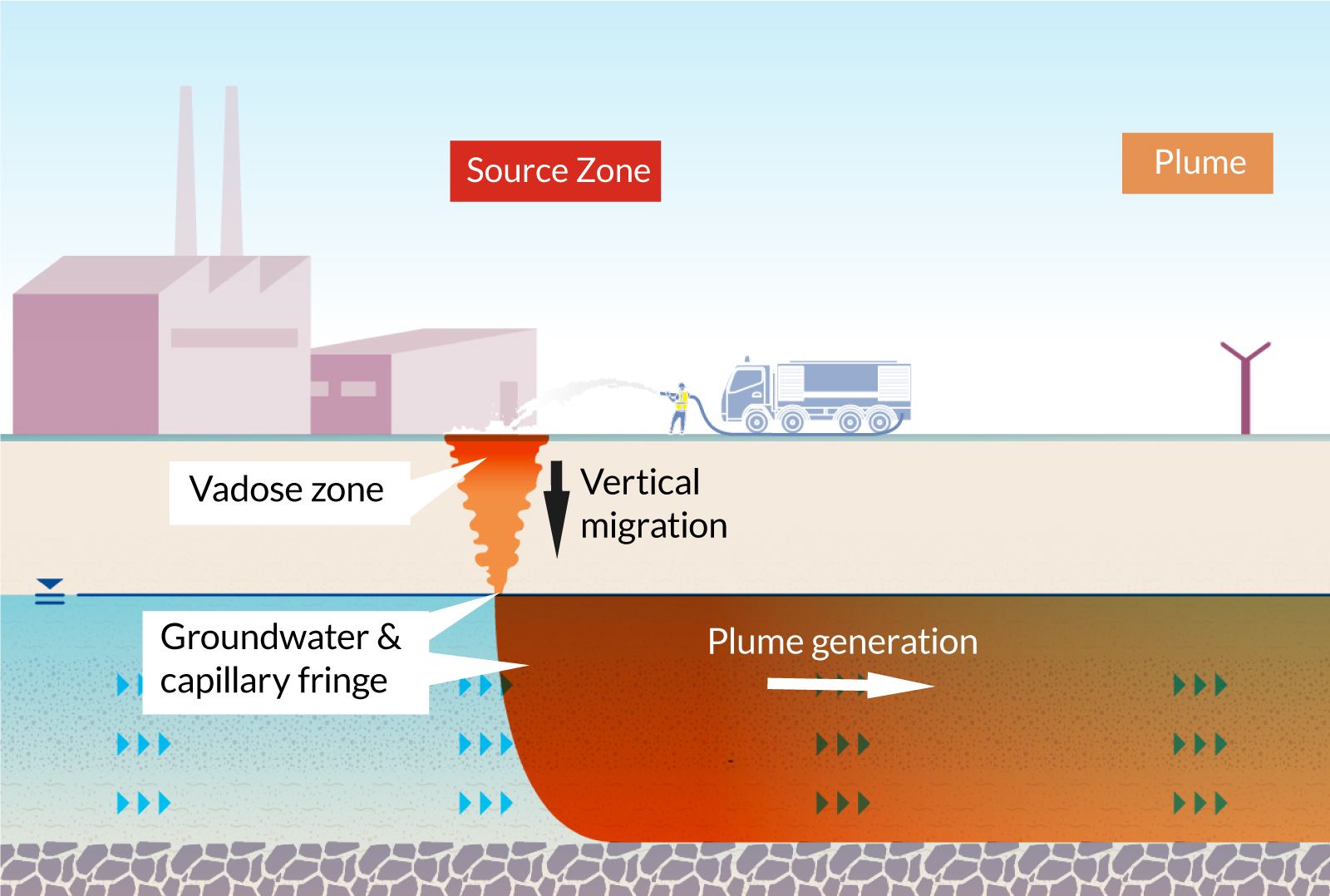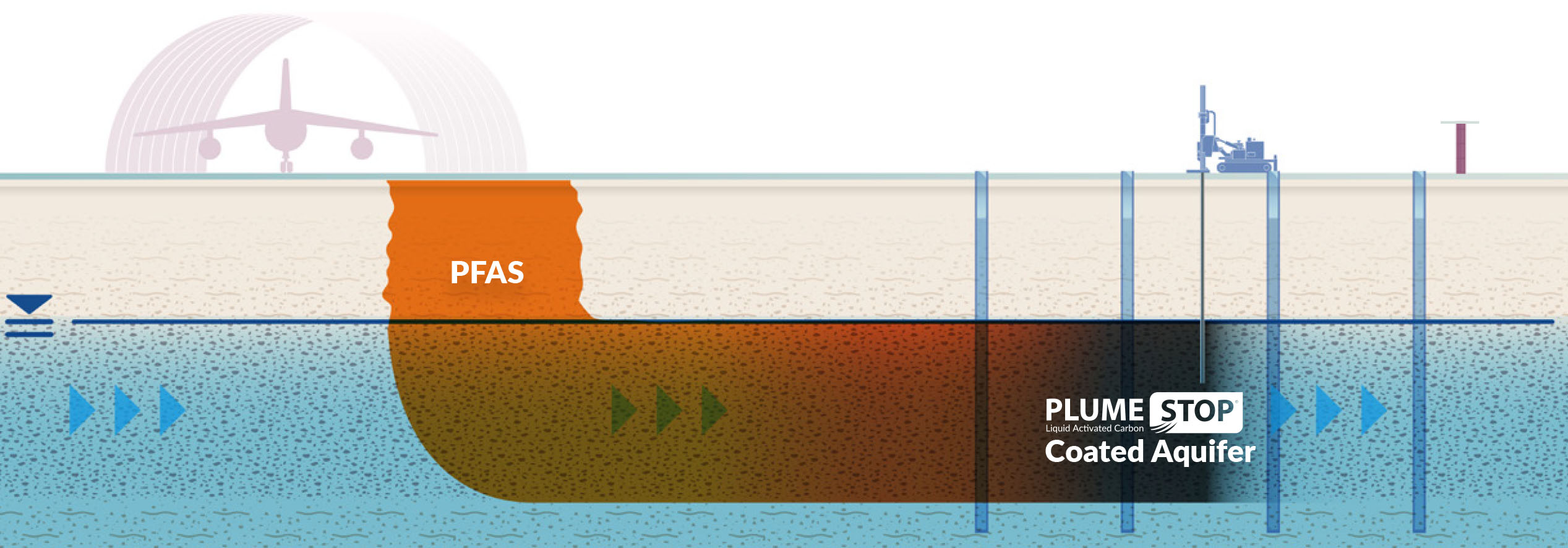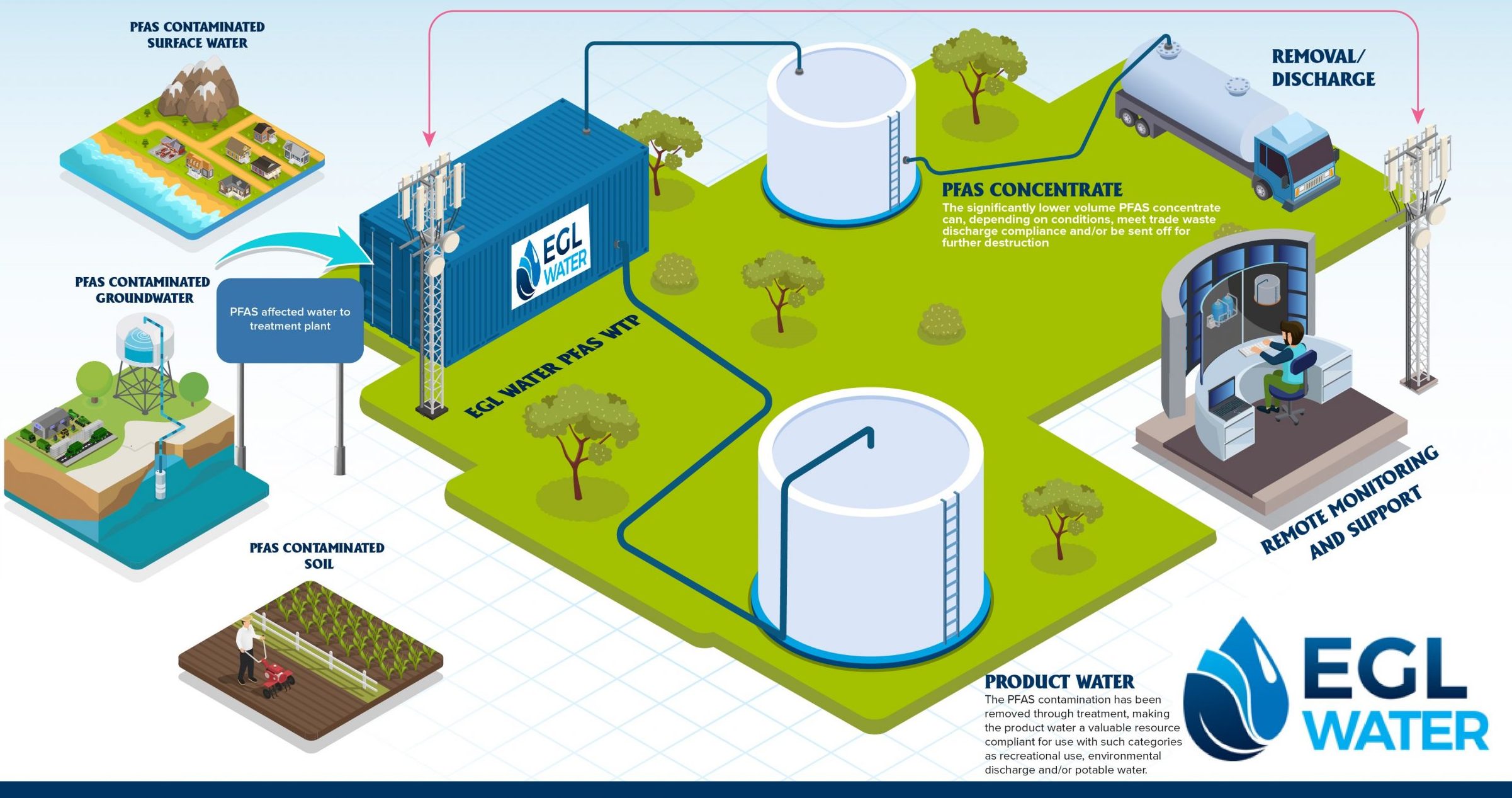The Role of PFAS Treatment in Cleaning Polluted Water
The Role of PFAS Treatment in Cleaning Polluted Water
Blog Article
Exactly How PFAS Treatment Makes Sure Clean and Sustainable Water
The visibility of PFAS, typically called "forever chemicals," postures considerable obstacles to water quality and public health and wellness. Advanced treatment innovations, consisting of activated carbon adsorption and membrane layer purification, have become reliable services to minimize these impurities. By using these techniques, neighborhoods can not just attain cleaner water however additionally foster sustainable techniques that secure communities. The ramifications of these treatments prolong beyond instant wellness advantages; they elevate critical questions about long-term water management techniques that need to be addressed to guarantee a durable future. What does this mean for our technique to water sustainability?

Recognizing PFAS Contamination
PFAS, or per- and polyfluoroalkyl substances, have become a considerable ecological concern as a result of their widespread prevalence and persistence in the atmosphere. These synthetic chemicals have been used in different industrial applications and consumer products, including non-stick kitchenware, water resistant clothing, and food packaging, because of their special properties such as water and grease resistance.
The contamination of dirt and water resources by PFAS takes place mostly with commercial discharges, firefighting foam usage, and leaching from landfills. pfas management. Once released, these materials are immune to deterioration, causing their build-up in the atmosphere. This perseverance raises crucial issues, as PFAS can take a trip fars away via groundwater and surface water systems, affecting alcohol consumption water products and ecological communities

Health Threats of PFAS
The perseverance of PFAS in the setting elevates substantial wellness issues for people revealed to these compounds. Called "forever chemicals," PFAS do not damage down conveniently and can collect in human bodies in time. Research has actually linked PFAS exposure to different negative wellness effects, consisting of immune system dysfunction, liver damage, and increased threat of specific cancers - pfas management. Significantly, studies have revealed elevated cholesterol degrees and potential influence on reproductive and developing health, specifically in expecting individuals and babies.
The ubiquity of PFAS in customer items, such as non-stick kitchenware, water-repellent fabrics, and food packaging, more enhances the danger of direct exposure. Consuming water polluted with PFAS is a considerable concern, as these chemicals can seep into groundwater sources. Susceptible populaces, consisting of kids and those living near industrial websites, might encounter intense threats as a result of their creating systems and potential for greater direct exposure levels.
As recognition of these health and wellness risks continues to grow, regulative companies pop over to these guys are beginning to develop guidelines for PFAS levels in alcohol consumption water. Public health initiatives are essential to alleviate direct exposure and secure areas from the lasting results of these harmful compounds.

Cutting-edge Treatment Technologies
How can we properly deal with the difficulties positioned by PFAS contamination in water resources? Cutting-edge treatment modern technologies are arising as important services in the mission for tidy water. These approaches concentrate on the removal or devastation of per- and polyfluoroalkyl compounds (PFAS), which are notorious for their persistence in the setting.
One promising technique is adsorption utilizing advanced materials, such as activated carbon and ion exchange resins. These products have revealed efficiency in catching PFAS molecules from water. An additional notable innovation is membrane filtering, which uses nanofiltration and reverse osmosis to different contaminants at the molecular degree, thus giving a barrier against PFAS.
Furthermore, advanced oxidation processes (AOPs) employ solid oxidants to break down PFAS compounds into harmless by-products. This approach is particularly efficient for dealing with very infected water sources. Bioremediation strategies, using details microbes, are also being checked out to degrade PFAS.
As research study proceeds, hybrid systems that integrate numerous modern technologies might supply improved efficiency, resolving the complexities of PFAS contamination. The development and implementation of these ingenious treatment modern technologies are necessary actions toward making sure the security and sustainability of our water sources.
Benefits of Effective PFAS Therapy
Properly dealing with PFAS contamination in water sources significantly improves public health and environmental safety and security. PFAS, often described as "for life chemicals," are resistant to degradation and can accumulate in the body, causing serious health dangers such as cancer cells, liver damage, and immune system dysfunction. By carrying out reliable treatment methods, neighborhoods can minimize Bonuses exposure to these dangerous substances, eventually boosting the wellness results of their populaces.
Moreover, successful PFAS treatment contributes to the preservation of local ecological communities. Contaminated water can negatively impact aquatic life and interrupt the fragile equilibrium of regional environments. By making certain clean water, treatment processes secure biodiversity and keep ecological stability.
In addition, efficient PFAS removal can promote public confidence in water high quality. When neighborhoods are assured that their drinking water is free from dangerous contaminants, it promotes a sense of security and well-being. This depend on is crucial for neighborhood interaction and support for recurring water administration efforts.
Future of Water Sustainability
In the middle of expanding issues about water top quality and deficiency, the future his response of water sustainability pivots on ingenious strategies and collaborative initiatives. As communities deal with the impending risks of contaminants like PFAS, the advancement of advanced treatment modern technologies is essential. These innovations not just focus on the removal of harmful compounds however also advertise the reuse and recycling of water, thereby minimizing overall demand.
Furthermore, efficient water governance plays a vital function in making sure sustainable techniques. Policymakers must integrate scientific research study with governing structures to establish clear guidelines for water usage and treatment. Stakeholder engagement, including regional areas and sectors, fosters a feeling of common duty and urges sustainable methods throughout various fields.
Financial investment in facilities is additionally vital; updating aging systems to include modern-day purification and purification techniques can substantially improve water top quality. Furthermore, embracing eco-friendly modern technologies, such as natural purification systems, can supply environmentally friendly remedies.
Eventually, the future of water sustainability lies in an all natural approach that incorporates innovation, plan, and area involvement. By prioritizing these elements, we can protect our water resources for generations to come, ensuring clean and lasting water for all.
Verdict
In verdict, the efficient therapy of PFAS is essential for making certain tidy and sustainable water. Inevitably, durable PFAS therapy strategies contribute to long-lasting resilience in water administration, fostering public trust fund in water high quality and advertising sustainable methods.
Report this page